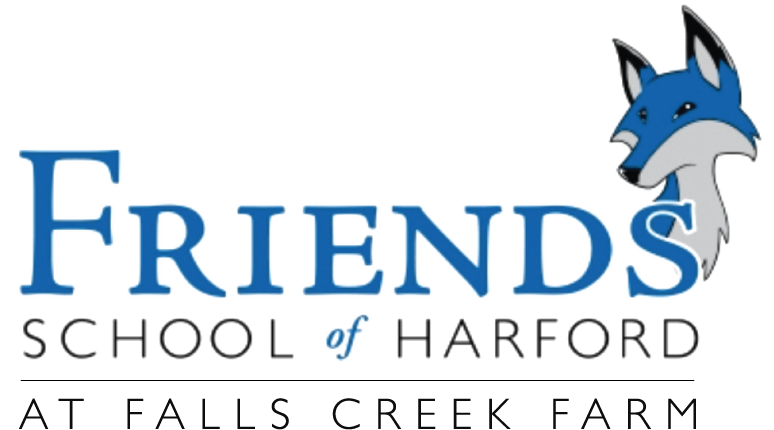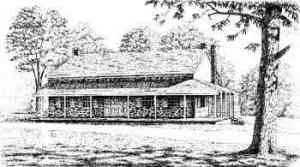The Quaker Philosophy
Friends schools are defined by the expectations of the Friends Council on Education. Friends School of Harford meets the qualifications of being a Quaker school.
Through active participation in FSH and its community, students...
Respect that of God in everyone
Enjoy learning and the associated challenges to current understanding
Know their own talents and strive to improve their abilities through hard work
Value all methods and sources of learning and seek knowledge with an emphasis on collaboration
Seek continuing revelation in an ongoing quest for growth- educational and spiritual.
Acknowledge, engage, and celebrate diversity of thought, learning styles, race, class, culture, sexual orientation among community members near and wide
Act responsibly for the survival of our planet and its inhabitants through environmental stewardship and service to the community
Seek to resolve conflict without violence and value conflict as an opportunity for growth and collaboration
Headline?
Academic and Moral Development
For more than 325 years, Friends schools have been recognized for fine academics as well as a whole-child approach to intellectual and moral development. Students are encouraged by word and by example to respect the talents and perspectives of others and include them in a cooperative search for knowledge. The Friends Council on Education affirms that the core purpose of its member schools is to create deliberate learning communities that are centered on Quaker values such as simplicity, peace, justice, stewardship, and integrity.
Access and Affordability
The Friends Council on Education is committed to supporting the diversity of educational choices that make the American educational system unique. Friends schools operate on the founding Quaker principles of equality and diversity, and Friends schools seek to maintain financial aid programs to ensure accessibility, affordability, and socio-economic diversity.
Diversity and Multiculturalism
Friends schools value and embrace the diversity of cultures and religions in their communities. The curricular approach in Friends education is committed to the rich diversity of multiple perspectives, cultivated through each student's voice engaged in inquiry. Friends schools continually review and change curricula in ways that are responsive to the current world context through studies with artistic and intellectual value that are culturally diverse.
Institutional Independence
The Friends Council on Education affirms that membership in the Friends Council is composed of schools and organizations based on the faith and practice of the Religious Society of Friends (Quakers). The Friends Council on Education is committed to the independence of its member schools, affirming the variety and diversity of these schools and supporting their prerogative to offer an extensive range of curricula and programs, to select quality teachers who meet their criteria, and to create values-based learning communities based on the unique educational missions of their schools.
Peace Education and Non-violent Conflict Resolution
The Friends Council on Education supports Friends schools in establishing communities that purposefully work with conflict, developing peace education curricula and practices for nonviolent conflict resolution. Friends school curricula and practices promote teaching each subject in a way that enhances student understanding of justice and basic human and civil rights.
Service Learning
The Friends Council on Education affirms that outreach and service learning are embedded in the curricula of Friends schools. Through the civic engagement of service learning, students build and value relationships with others so that an appreciation of the similarities and differences across humanity can be experienced. Students gain an awareness of the world beyond their immediate environment, have exposure to broad societal issues, develop compassion for those struggling under difficult circumstances, cultivate an ability to view problems from a variety of perspectives, and recognize their own capacity to actively make a difference in the world.
World Citizenry
The Friends Council on Education affirms that Friends schools teach values for world citizenry including the love of freedom, appreciation for religious differences, democracy, respect for human dignity, respect for diversity and work to improve the lives of the oppressed. Following Quaker principles, Friends schools seek to incorporate these values into the life and culture of the school, rather than represent them in symbols and rote recitations.


